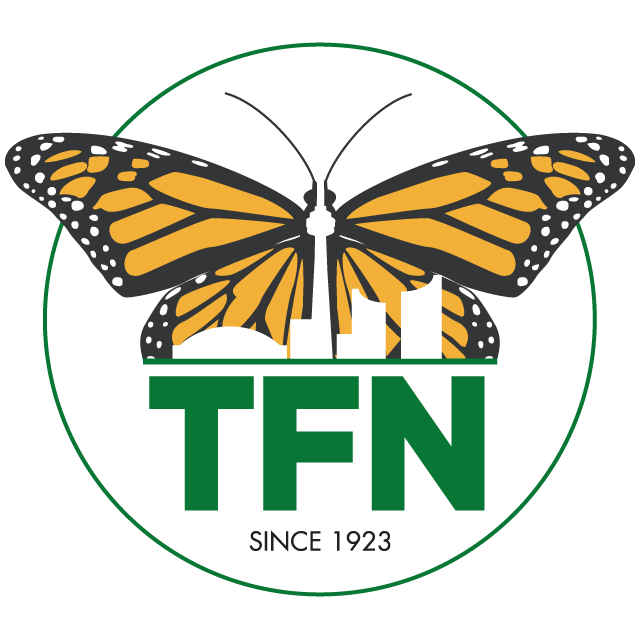In recent days, the provincial government has put in play three fundamental rewrites of existing laws, which together would undo decades of progress on protecting and restoring Ontario’s natural heritage. These changes include the gutting of Ontario’s Endangered Species Act (ERO# 013-5033); exempting developers from protecting most of Ontario’s threatened and endangered species and their habitats (under omnibus Bill 108 ERO# 019-0021); and cutting away much of the natural heritage mandate of conservation authorities (ERO# 013-5018). Together, these changes would reverse painstaking, collaborative progress by hundreds of groups and innumerable volunteers, working over generations.
Naturally, TFN is extremely concerned about these changes and the impact they will have on natural heritage here in Toronto, as well as all across the province. Our recent letter to The Honourable Ministers Rod Phillips (Environment, Conservation and Parks) and Steve Clark (Municipal Affairs and Housing) outlines some of our most immediate concerns. We strongly urge TFN members and all Ontarians to learn more about the impacts of these changes and to voice your objections for the record.
Obviously, economic development and affordable housing are critical to the health of welfare of Ontarians, but solutions to these issues need not come at the expense of entire species, critical habitat, and rare natural beauty. TFN believes that business and industry in Ontario is capable of greater resourcefulness and innovation than these changes give them credit for.
Learn More
- Sweeping changes buried in housing bill called ‘doomsday scenario’ for Ontario’s endangered species (Toronto Star)
- Ontario Nature: Statement on Bill 108
- Statement from Environmental Defence on Ontario’s Housing Supply Action Plan
- Bill 108, More Homes, More Choice Act, 2019
- What Ontarians told the government about its initial discussion paper on endangered species
- Statement on the Ontario government’s proposal to gut the Endangered Species Act (Ontario Nature)
- Provincial Transfer Payments to Conservation Authorities for Flood Management Reduced by Half (Conservation Ontario)
Take Action
- Tell Minister Phillips: endangered species are not for sale (Environmental Defence)
- Stop Ford’s Endangered Species Pay-to-Slay Loophole (North 99)
- Citizen petition (on change.org)
- Write the government via David Suzuki Foundation
- Submit your comments re: Changes to Ontario’s Endangered Species Act (ERO # 013-5033) with the Environmental Registry (until May 18)
- Submit your comments re: the Conservation Authorities Act (ERO# 013-5018) with the Environmental Registry (until May 20)
- Share your concerns with your local Member of Provincial Parliament
Note: As of May 7, 2019, the Environmental Registry does not offer the ability to comment on all schedules of Bill 108. TFN will update the content above when such becomes available on ero.ontario.ca.

